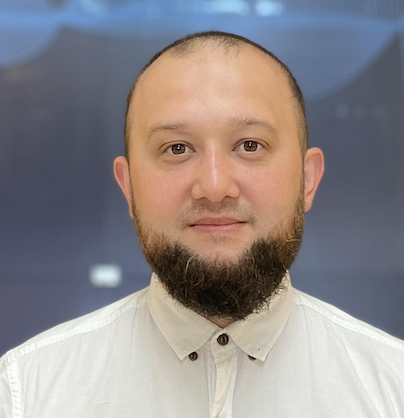research
Scientific ML for Geophysical modeling and inversion
Geophysical modeling and inversion algorithms allow us ascertain information about subsurface properties. Accurate knowledge of these properties is essential for a wide range of applications including resource exploration, CO2 storage site selection, geotechnical investigations, and detection of earthquake zones and hazard assessment.
Despite decades of research, progress on conventional modeling algorithms have generally been slow and such methods largely suffer from computational bottleneck when repeated computations are needed, particularly in large 3D models. Therefore, we tapped into the emerging field of scientific machine learning to overcome the limitations associated with conventional modeling techniques. We pioneered the use physics-informed neural networks (PINNs) for seismic traveltime and wavefield modeling.
On the seismic inversion front, one of the biggest challenges is to deal with the non-uniqueness of the inverse problem, typically arising due to the limit of seismic observations only on the Earth’s surface. Conventionally, a smoothing regularizer is used to overcome this limitation, resulting in a loss of resolution of the inverted model. To overcome this issue, we have also pioneered the use of PINNs for solving seismic inverse problems.
Understanding and mitigating induced seismicity risk
In recent years, seismicity induced by anthropogenic activities including water impoundment, mining, oil and gas extraction, wastewater injection, hydraulic stimulation of geothermal fields, and CO2 geologic sequestration has resulted in a sharp increase in the number of earthquakes observed in historically quiet tectonic areas. In addition to causing considerable economic losses, such events are increasingly becoming a threat to public safety.
We have also extended the applicability of PINNs in combination with data-driven ML methods to develop real-time microseismic monitoring solutions for assessing and mitigating induced seismicity hazard. We have demonstrated the applicability and efficacy of our methods to induced seismicity data from various industrial operations, including the Groningen gas field in the Netherlands, the Soultz-sous-Forets geothermal field in France, and the shale gas play from the Arkoma basin in Oklahoma.
Applied ML in multidisciplinary geosciences
The growing societal pressure on resources, energy, and environment requires an integrated approach to geosciences and a new generation of smart Earth scientists to help tackle the increasingly complex tasks of the future. I have formed active collaborations with experts from different sub-discplines in geosciences to address challenging and unsolved problems using machine learning algorithms.
In the field of digital rock physics, we are adapting deep learning models for the accurate reconstruction of micro-computed tomography (micro-CT) rock images. This allows computationally efficient estimation of rock properties and the ability to study reactive processes in rocks under in-situ conditions, which has been an outstanding challenge due to the limited temporal resolution of micro-CT imaging. In geology, we are building a suite of deep learning based modules to automate the analysis and classification of rocks. This is typically performed visually by geologists and is often prone to bias and subjectivity in human interpretation, and requires hours of manual labor. We have already shown that such tasks can be efficiently handled by trained deep learning models with accuracies similar to an expert geologist. I have also co-founded a startup with Dr. Korhan Ayranci, named Intelligent Geoscience Solutions (iGeos), to take these developments to the next level where they can be used to extract meaningful information from large volumes of geoscientific data to solve real-world problems.
Smart Earth Exploration and Monitoring (SEEM) Research Group
Current Students

Almir Miftakhudinov
Ph.D. student

Ali AlSafwan
Ph.D. student

Kanan Suleymanli
M.Sc. student

Hussain AlMarzooq
M.Sc. student
Almuni

Ahmed Shaheen
M.Sc. degree
Currently at Technical Development Solution (TDS)